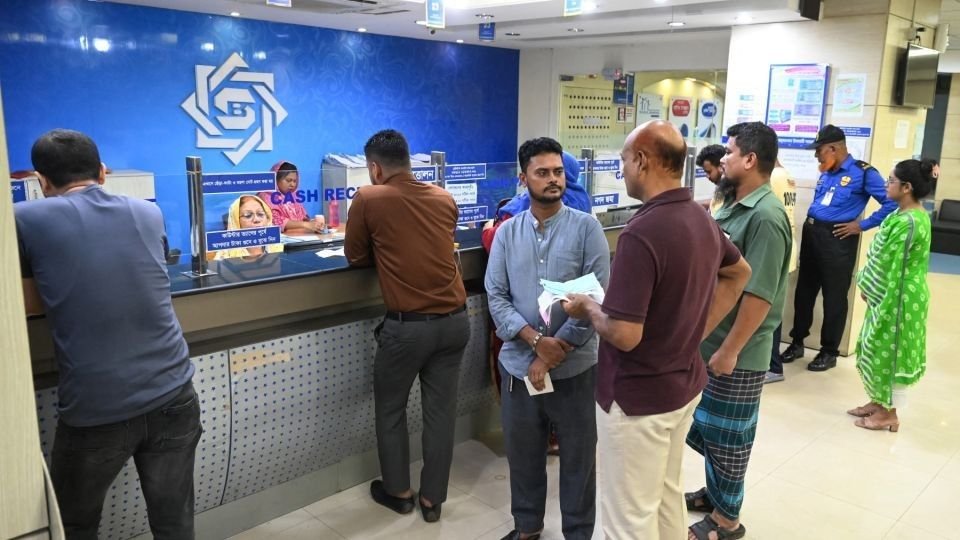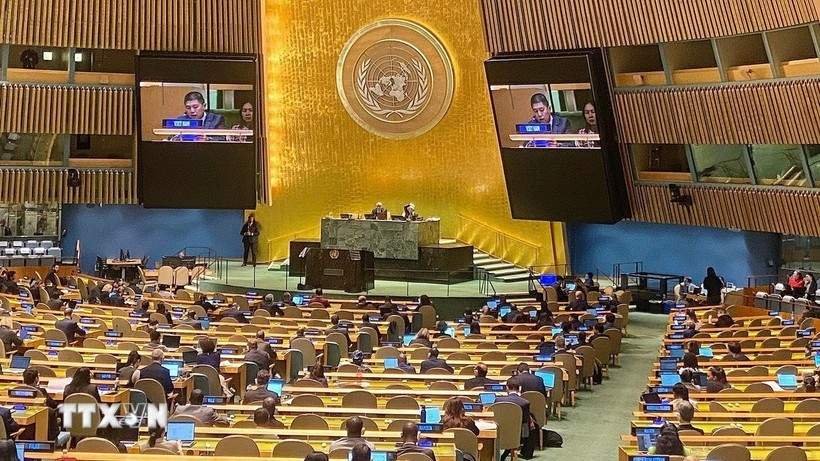DHAKA – Bangladesh’s fast-growing digital financial system faces severe cybersecurity vulnerabilities that demand urgent reforms, according to experts who spoke yesterday at the event “Cybersecurity in Financial Sector of Bangladesh: Securing the Digital Future” hosted by the ICT Division in Dhaka.
Md Mahbubur Rahman Alam, professor at the Bangladesh Institute of Bank Management (BIBM), painted a concerning picture of a sector where rapid technological growth has far outpaced cybersecurity readiness. He highlighted three core challenges: a shortage of skilled cybersecurity professionals, inadequate investment, and low awareness among employees and customers.
“The human factor is the weakest link,” Alam said, citing a BIBM study showing that over 54% of bank employees lack sufficient IT security knowledge. He further noted that only 5% of banks’ IT budgets are allocated to cybersecurity, leaving critical gaps in defense.
Recalling the infamous 2016 Bangladesh Bank heist, where hackers stole $81 million, Alam warned that cyber threats have since advanced to target ATMs, mobile banking, and digital payment platforms. He also flagged structural weaknesses, including the absence of standardized cybersecurity roles and poor communication between ICT teams and business leaders, often causing security measures to be misaligned with business strategies.
To address these issues, Alam proposed strategic investment, national-level coordination, specialised training programs, and the creation of a dedicated national cybersecurity institute.
Adding urgency to the discussion, Faiz Ahmad Taiyeb, special assistant to the chief adviser on posts and telecom, said 17–20 banks are currently underperforming on cybersecurity. He criticized the prevailing mindset of treating security as an unnecessary cost and pointed to a culture of underreporting cyberattacks.
Taiyeb revealed alarming details, including that sensitive customer data such as account balances and profiles can often be accessed externally, and that information on five crore national identities has already been leaked on the dark web. Despite official warnings, banks failed to respond, he said.
Other officials present included Anisuzzaman Chowdhury, special assistant to the chief adviser; Md Abdur Rahman Khan, chairman of the National Board of Revenue; Nazma Mobarek, secretary of the Financial Institutions Division; and Shish Haider Chowdhury, secretary of the ICT Division.















